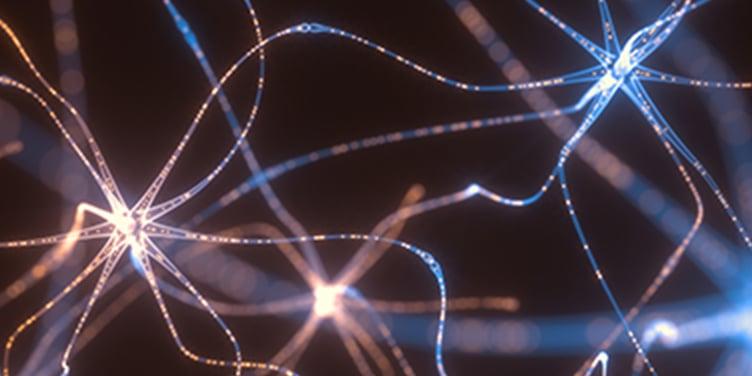
钙离子化
定义
Ionized calcium is calcium in your blood that is not attached to proteins. It is also called free calcium.
All cells need calcium in order to work. Calcium helps build strong bones and teeth. It is important for heart function. It also helps with muscle contraction, nerve signaling, and blood clotting.
This article discusses the test used to measure the amount of ionized calcium in blood.
选择的名字
Free calcium; Ionized calcium
How the Test is Performed
A blood sample is needed. Most of the time blood is
How to Prepare for the Test
Many medicines can interfere with blood test results.
- Your health care provider will tell you if you need to stop taking any medicines before you have this test.
- DO NOT stop or change your medicines without talking to your provider first.
Why the Test is Performed
Your provider may order this test if you have signs of bone, kidney, liver or parathyroid disease. The test may also be done to monitor progress and treatment of these diseases.
Most of the time, blood tests measure your total calcium level. This looks at both ionized calcium and calcium attached to proteins. You may need to have a separate ionized calcium test if you have factors that increase or decrease total calcium levels. These may include abnormal blood levels of albumin or immunoglobulins.
正常的结果
Results generally fall in these ranges:
- 孩子们:4.8 to 5.3 milligrams per deciliter (mg/dL) or 1.20 to 1.32 millimoles per liter (millimol/L)
- 成人:4.8 to 5.6毫克/分升或1.20 to 1.40毫克分子/ L
Normal value ranges may vary slightly among different laboratories. Talk to your provider about the meaning of your specific test results.
The examples above show the common measurements for results for these tests. Some laboratories use different measurements or may test different specimens.
What Abnormal Results Mean
Higher-than-normal levels of ionized calcium may be due to:
- Decreased levels of calcium in the urine from an unknown cause (also called hypocalciuria)
Hyperparathyroidism - 甲状腺机能亢进
Milk-alkali syndrome 多发性骨髓瘤 佩吉特病 结节病 - Thiazide diuretics
- Thrombocytosis (high platelet count)
- 肿瘤
- 维生素A过量
维生素D 多余的
Lower-than-normal levels may be due to (or caused by):
Hypoparathyroidism 吸收不良 骨软化 - 胰腺炎
肾功能衰竭 佝偻病 - 维生素D deficiency
参考文献
Bringhurst FR, Demay MB, Kronenberg HM. Hormones and disorders of mineral metabolism. In: Melmed S, Auchus, RJ, Goldfine AB, Koenig RJ, Rosen CJ, eds. Williams Textbook of Endocrinology. 14日艾德. Philadelphia, PA: Elsevier; 2020:chap 29.
Klemm KM, Klein MJ, Zhang Y. Biochemical markers of bone metabolism. In: McPherson RA, Pincus MR, eds. Henry's Clinical Diagnosis and Management by Laboratory Methods. 24日艾德. Philadelphia, PA: Elsevier; 2022:chap 16.
Thakker房车. The parathyroid glands, hypercalcemia, and hypocalcemia. In: Goldman L, Schafer AI, eds. Goldman-Cecil Medicine. 26日艾德. Philadelphia, PA: Elsevier; 2020:chap 232.
审核日期: 06/20/2023
The information provided herein should not be used during any medical emergency or for the diagnosis or treatment of any medical condition. A licensed physician should be consulted for diagnosis and treatment of any and all medical conditions. Call 911 for all medical emergencies. Links to other sites are provided for information only -- they do not constitute endorsements of those other sites. 版权所有©2019 A.D.A.M.公司., as modified by University of California San Francisco. Any duplication or distribution of the information contained herein is strictly prohibited.
Information developed by A.D.A.M.公司. regarding tests and test results may not directly correspond with information provided by 加州大学旧金山分校健康. Please discuss with your doctor any questions or concerns you may have.





